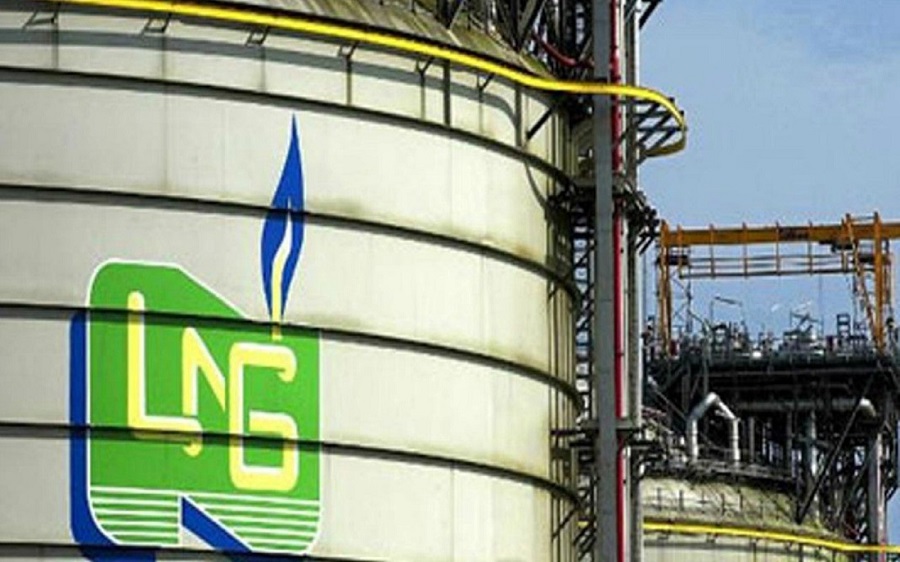Recent events in the Middle East, particularly the Israel-Hamas conflict, have sent shockwaves through various sectors, including the energy market. The conflict, which began on October 7, has triggered a surge in liquefied natural gas (LNG) spot prices. As we explore the dynamics of this price increase, we’ll also delve into the implications and challenges it poses, as well as the situation in Nigeria’s LNG industry.
LNG Prices Surge
According to S&P Global Commodity Insights, LNG spot prices have surged by over 40% since the conflict erupted. On October 16, spot LNG prices reached a staggering $18.345 per million British thermal units (MMBtu). This significant spike in prices can be attributed to the geopolitical concerns and tragic loss of lives resulting from the Israel-Hamas conflict.
Implications of the Conflict
The Israel-Hamas conflict remains a critical global issue, with the United States urging caution to prevent further escalation. In Europe, concerns about the availability of sufficient natural gas supply for the upcoming winter have led to price volatility. The conflict, in combination with operational challenges faced by Chevron in Australia, has contributed to market uncertainty.
Chevron Corp, a prominent U.S. oil giant, had to halt production at the Tamar natural gas field off Israel’s northern coast due to the conflict. This field plays a crucial role in supplying gas for power generation in Israel. A prolonged shutdown at Tamar could disrupt Israeli gas exports to neighboring countries, including Egypt, which is a key gas exporter to the European market.
While the European Union (EU) is not anticipated to face severe supply issues this winter, the ongoing global gas disruption is expected to sustain high prices. This situation presents a potential opportunity for African LNG exporters, such as Nigeria, to make a significant impact.
Innoson Vehicles Produces CNG, LNG Cars, Buses As Alternatives to Fuel
Challenges in Nigeria’s LNG Industry
However, Nigeria, one of Africa’s major LNG exporters, is dealing with its own set of challenges, particularly related to local feed gas supply. Dr. Philip Mshelbila, the Managing Director of Nigeria Liquefied Natural Gas (NLNG) Limited, recently expressed his concerns to Nigeria’s Minister for Gas, Ekperikpe Ekpo.
At present, the most pressing issue for NLNG is feed gas supply, a challenge affecting both current operations and future expansion plans. Trains 1 to 6 at NLNG are operating at only about half of their potential capacity, and the primary cause of this underutilization is crude oil theft, which impacts the supply of associated gas.
To address this issue, NLNG envisions sourcing the necessary gas from deep-water reserves. However, terms for gas extraction must be negotiated to make this a reality. The existing Production Sharing Contracts (PSCs) governing deep-water exploration do not offer commercially viable terms for producers in Nigeria, according to Dr. Mshelbila.
Resolving these challenges is crucial for achieving NLNG’s expansion goals and ensuring a reliable and sustainable supply of feed gas for their operations.
Conclusion
The Israel-Hamas conflict has had far-reaching effects on the LNG market, contributing to a significant surge in prices. While this presents opportunities for LNG exporters, including African nations like Nigeria, addressing domestic challenges in the LNG industry is equally vital. Achieving a stable and robust supply of feed gas is key to realizing the potential of Nigeria’s LNG sector and contributing to global energy stability.
Follow us on Facebook
Post Disclaimer
The opinions, beliefs and viewpoints expressed by the author and forum participants on this website do not necessarily reflect the opinions, beliefs and viewpoints of Anaedo Online or official policies of the Anaedo Online.

